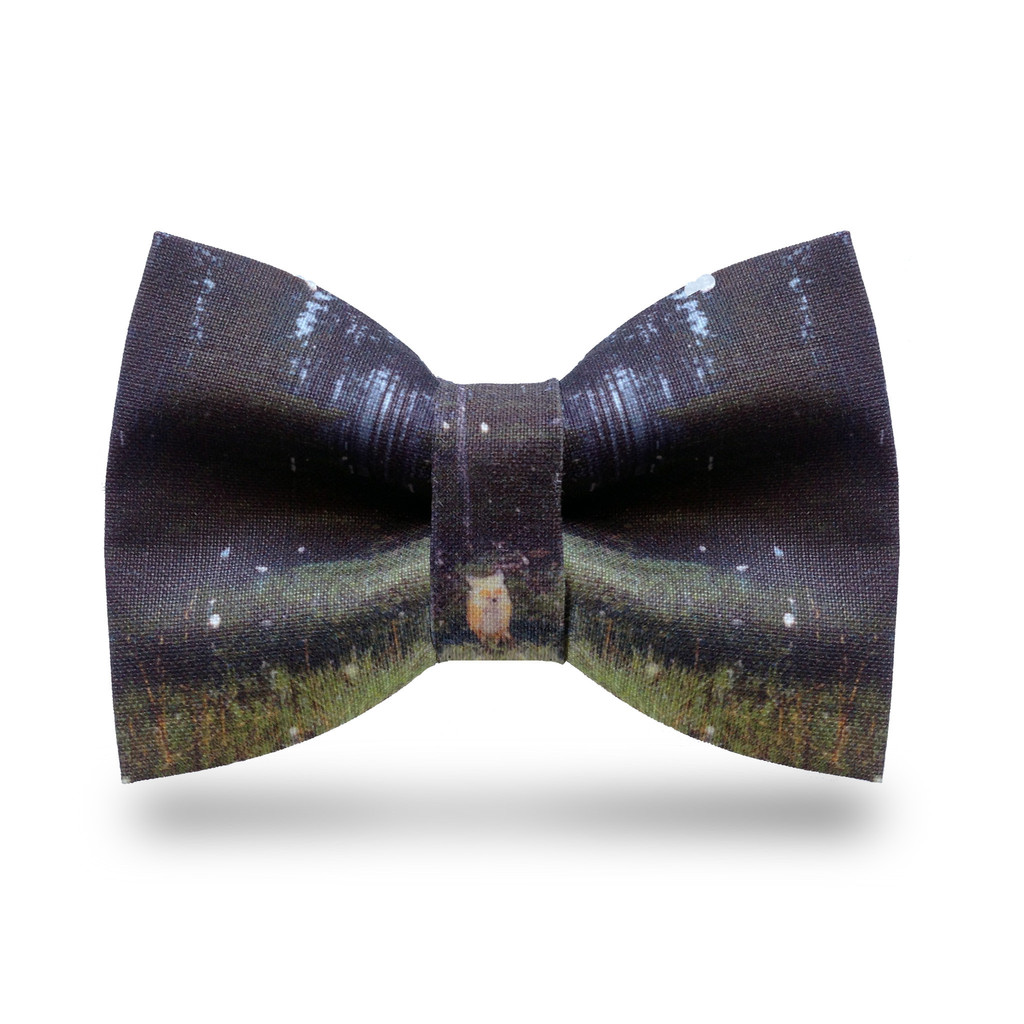

“It was just the noise that was going on in my head for most of a year and a half of traveling and computers and television and just absorbing it all”.Īppealing to a generation that was just coming to terms with the rapid dissemination of technology, it’s no surprise that OK Computer’s themes of overstimulation and digital numbness resonated so strongly. “It’s not really about computers,” Yorke said a few months after OK Computer was released. Despite its eerily accurate prediction of post-modern life and beautiful Orwellian narratives, Radiohead didn’t set out to create a sprawling think piece on technology. Instead the album picked up steam from the music videos for ‘Paranoid Android’ and ‘Karma Police’, both tailor made for the MTV generation. The band was never one for conspicuous radio hits and a six-minute and 27-second schizophrenic suite about the loss of humanity wasn’t getting a lot of airplay. Yorke later recounted in the book, Exit Music: The Radiohead Story, that out of the year it had taken to make the album, only three months had been spent recording: “The rest was agonizing about it”.Īfter it wrapped, Capitol glued promo copies inside 1,000 cassette players and sent them to the press and radio stations to see what they made of it. While most of the instrumentation and vocals were recorded in a more live, one-take approach, this just laid the groundwork for endless tinkering through digital cut and paste sampling, editing and looping. Catherine’s Court, a rural 16th Century mansion in Bath to record the album while the string parts were recorded at Abbey Road, where OK Computer was also mastered. With the help of co-producer Nigel Godrich, the five-piece Oxford outfit decamped to St. It was clear after their sophomore release in 1995, The Bends, that they had something more serious in mind and even won the confidence of the label to produce their next album.



With their debut Pablo Honey and the alt-teen anthem ‘Creep’, they were already toying with the limelight but also actively avoiding it. Radiohead could have easily been lumped into the flannel pile with the rest of the bands of the day or been overshadowed by Britpop entirely. Whether intentional or not, Radiohead forged a new breed of rock, a hybridisation of electronic and guitar-based music that carried with it the angst-ridden sensibility of grunge, the studio craft of bygone prog-rockers and Thom Yorke’s transcendent singing. The decade had its fair share of cerebral, avant-garde rock, but the genre had become increasingly retro leaning, instead turning inwards to the sound of 70s punk and the low-fi aesthetic of grunge, and leaving the studio wizardry and synths to the domain of purely electronic music. Pepper’ a record that comes along and breaks with tradition to change the trajectory of music entirely and OK Computer was it for the 90s. It’s one of those cultural milestones that incites a flashbulb memory and has inexorably occupied a special place in the musical landscape for the past 20 years. Radiohead’s apocryphal third album is inarguably, a classic.


 0 kommentar(er)
0 kommentar(er)
